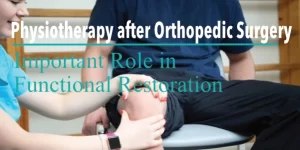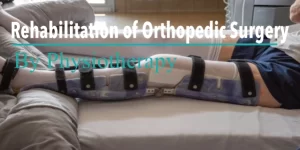Building Resilience: Core Strength for Preventing Back Pain
#CoreStrength, #BackPainPrevention, #HealthySpine, #PhysiotherapyTips, #WellnessJourney,
The Foundation of Resilience
In the complex architecture of our bodies, the core serves as the bedrock of stability and strength. It is the anchor that supports us through the ebbs and flows of daily life, shielding us from the strains and stresses that can lead to back pain and discomfort. Today, we delve into the transformative power of core strength in preventing back pain and fostering resilience in our physical well-being.
Understanding the Core
The core is more than just the six-pack muscles that adorn magazine covers; it encompasses a complex network of muscles that stabilize the spine and pelvis, providing a solid foundation for movement and function. These muscles include not only the superficial abdominals but also the deep stabilizers of the spine, such as the transverse abdominis, multifidus, and pelvic floor muscles. Together, they form a dynamic system of support that plays a crucial role in maintaining spinal alignment and preventing injury.
The Role of Core Strength in Back Pain Prevention
A strong and resilient core acts as a protective shield for the spine, distributing forces evenly throughout the body and reducing the strain on the lower back. By enhancing stability and alignment, core strength helps to minimize the risk of excessive loading and improper movement patterns that can lead to back pain and injury. Moreover, a well-conditioned core improves posture, posture-related back pain, and promotes efficient movement mechanics, reducing the likelihood of strain and discomfort during daily activities.
Building Core Strength
Building core strength is a gradual process that requires patience, consistency, and proper technique. Incorporating a variety of exercises that target the deep stabilizing muscles of the core is key to developing balanced strength and stability. These exercises may include planks, bridges, bird dogs, dead bugs, and pelvic tilts, among others. It’s essential to perform these exercises with control and precision, focusing on maintaining proper alignment and engaging the core muscles throughout each movement.
Integrating Core Training into Daily Life
Core strength is not only built in the gym but also in the way we move and function in our daily lives. Simple adjustments, such as maintaining good posture while sitting and standing, engaging the core during activities like lifting and carrying, and incorporating functional movements that challenge stability, can all contribute to the development of a strong and resilient core. By integrating core training into our daily routines, we can cultivate a foundation of strength that supports us in every aspect of life.
Seeking Guidance from Physiotherapy
For those experiencing back pain or seeking to prevent its recurrence, guidance from a physiotherapist can be invaluable. Physiotherapists are experts in assessing movement patterns, identifying areas of weakness or imbalance, and prescribing targeted exercises and interventions to address specific needs. Through personalized treatment plans and hands-on guidance, physiotherapists empower individuals to build core strength safely and effectively, reducing the risk of back pain and enhancing overall well-being.
Embracing Resilience
In the journey towards back pain prevention, core strength serves as our steadfast companion, guiding us towards resilience and vitality. By nurturing the foundation of our physical well-being, we can cultivate a life free from the limitations of pain and discomfort, embracing each day with strength, confidence, and vitality.
Join Us on the Journey
Together, let us champion the cause of back pain prevention and core strength. Share your experiences and insights using our hashtags: #CoreStrength #BackPainPrevention #PhysiotherapyTips. Together, we can build a community of resilience and well-being, supporting each other on the path to a healthier, happier life.
Read More Articles
Posture and Alignment: How Physiotherapists Help
Posture and Alignment: How Physiotherapists Help The Importance Of Proper...
Read MoreEssential Role of Physiotherapy After Orthopedic Surgery: Regaining
Physiotherapy After Orthopedic Surgery Regaining Strength and Mobility: The Essential...
Read MoreRehabilitation after Orthopedic Surgery: Why Inportant
Rehabilitation after Orthopedic Surgery Navigating the Path to Recovery After...
Read MoreUnderstanding and Managing Chronic Pain through Physiotherapy
Understanding and Managing Chronic Pain through Physiotherapy Chronic Pain and...
Read More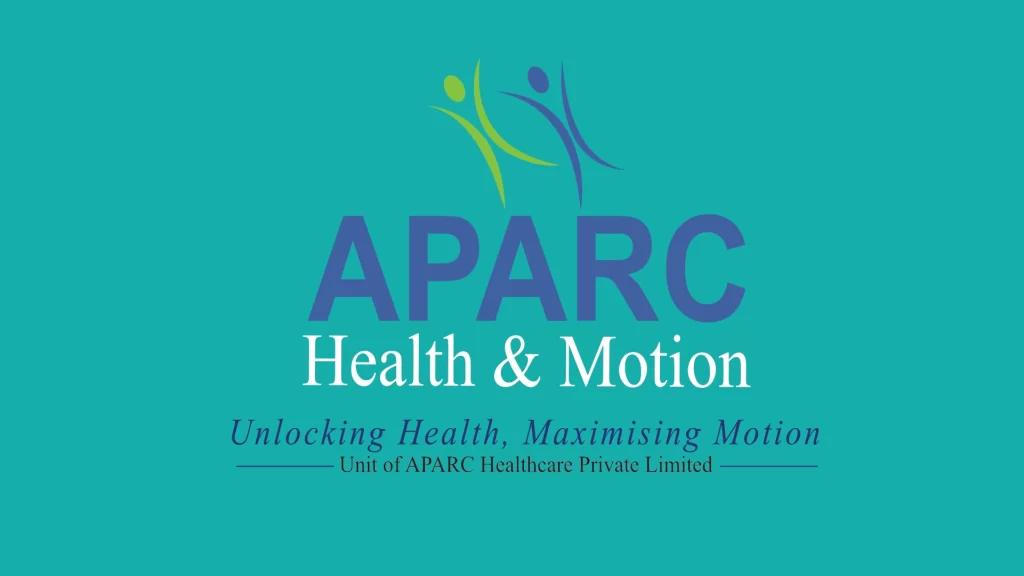

DWRAKA- SECTOR-6 DELHI
DEPARTMENT OF PHYSIOTHERAPY & REHABILITATION
HCMCT Manipal Hospitals
Manipal Hospitals, Palam Vihar,
Sector 6, Dwarka, New Delhi, Delhi 110075
CONTACT:
Dr. Dharam Pandey
Director & HOD
+91-9818910029

ROHINI- SECTOR-22 DELHI
DEPARTMENT OF PHYSIOTHERAPY & REHABILITATION
Shree Aggarsain International Hospital
P.S.P, Near Aggarsain Engineering College,
Sector 22, Rohini, New Delhi, Delhi 110086 ·
CONTACT:
Dr. Naresh Kumar (PT)
Head of Department
+91-9990970104

ROHINI- SECTOR-3 DELHI
DEPARTMENT OF PHYSIOTHERAPY & REHABILITATION
Jaipur Golden Hospital
2, Institutional Area, Sector -III, New Delhi, Delhi 110085
Contact:
Dr. Meenakshi Rajput (PT)
Head of Department
+91-9990970105
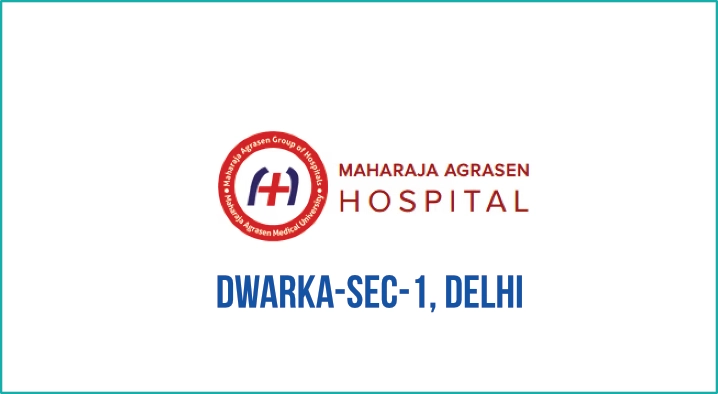
DWRAKA- SECTOR-1 DELHI
DEPARTMENT OF PHYSIOTHERAPY & REHABILITATION
Maharaja Agrasen Hospital Dwarka
Pocket 4, Sector 1 Dwarka,
Delhi 110075
CONTACT:
Dr. Pushpendar Rana (PT)
Head of Department
+91-9999643244

DWRAKA- SECTOR-6 DELHI
DEPARTMENT OF PHYSIOTHERAPY & REHABILITATION
HCMCT Manipal Hospitals
Manipal Hospitals, Palam Vihar,
Sector 6, Dwarka, New Delhi, Delhi 110075
CONTACT:
Dr. Afiya Sadiq (PT)
Chief Physiotherapist
+91-9818911195

KARKARDOOMA- DELHI
DEPARTMENT OF PHYSIOTHERAPY & REHABILITATION
Shanti Mukund Hospital
2, Institutional Area, Vikas Marg Ext.,
Karkardooma, New Delhi, Delhi 110092
CONTACT:
Dr. Anuj Mishra (PT)
Head of Department
+91-9540794903

MEERA BAGH, PASCHIM VEIHAR- DELHI
DEPARTMENT OF PHYSIOTHERAPY & REHABILITATION
Head of Department
+91-8860069693
Sehgal Neo Hospital
Ba-364, Keshopur Road, Khayala, Paschim Vihar,
Delhi 110063
CONTACT:
Dr. Ginni Chaujar (PT)
Head of Department
+91-8860069693

PARWANA ROAD PITAMPURA- DELHI
Dr. Satish Kumar (PT)
Director & Head
+91-9871576849
APARC Centre for Neuro-Rehabilitation
Zone H-4, Plot 5 6 7, 5, Parwana Rd, Pitampura,
New Delhi, Delhi 110034
CONTACT:
Dr. Satish Kumar (PT)
Director & Head
+91-9871576849

JANAKPURI- DELHI
Centre Head
+91-9818933351
APARC Health & Motion
Second floor, Dashmesh Polyclinic,
WZ-678C, Jail Rd, Shiv Nagar Extension,
Janakpuri, New Delhi, Delhi, 110058
CONTACT:
Dr. Chitrakshi Sharma (PT)
Centre Head
+91-9818933351
APARC Health & Motion Locations
CONVENIENT LOCATION FOR COMPREHENSIVE CARE
Conveniently located, APARC Health & Motion offers high-quality physiotherapy with a dedicated team, personalized care, and commitment to patient well-being.

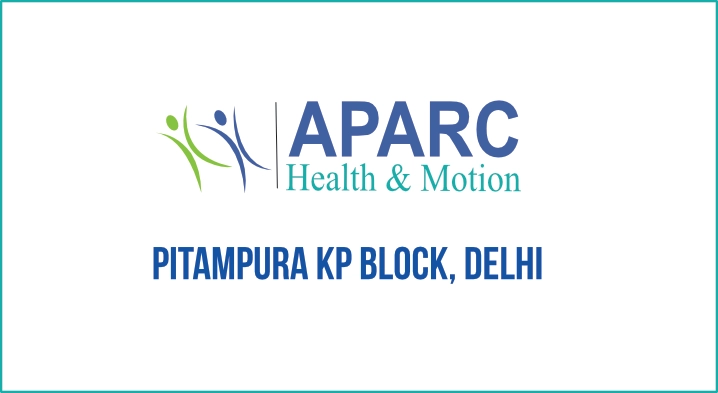




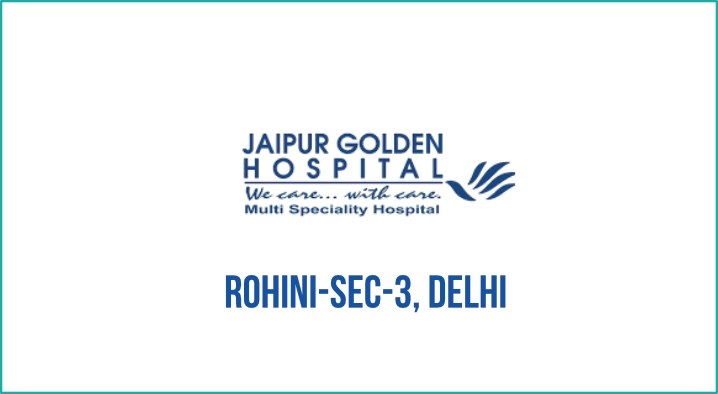
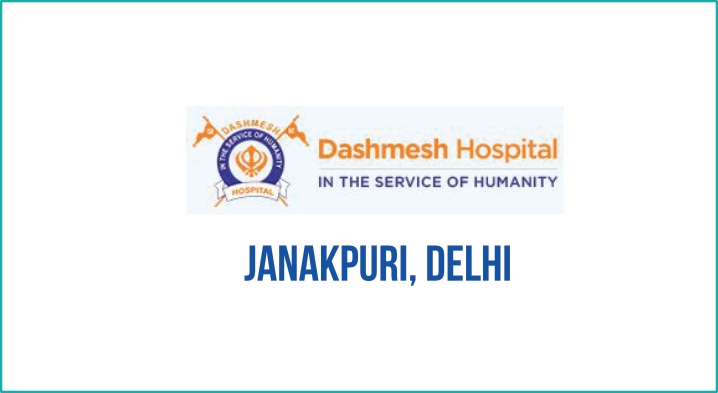



Posture and Alignment: How Physiotherapists Help
Posture and Alignment: How Physiotherapists Help The Importance Of Proper...
Read MoreEssential Role of Physiotherapy After Orthopedic Surgery: Regaining Strength and Mobility
Physiotherapy After Orthopedic Surgery Regaining Strength and Mobility: The Essential...
Read MoreRehabilitation after Orthopedic Surgery: Why Inportant
Rehabilitation after Orthopedic Surgery Navigating the Path to Recovery After...
Read MoreUnderstanding and Managing Chronic Pain through Physiotherapy
Understanding and Managing Chronic Pain through Physiotherapy Chronic Pain and...
Read More

